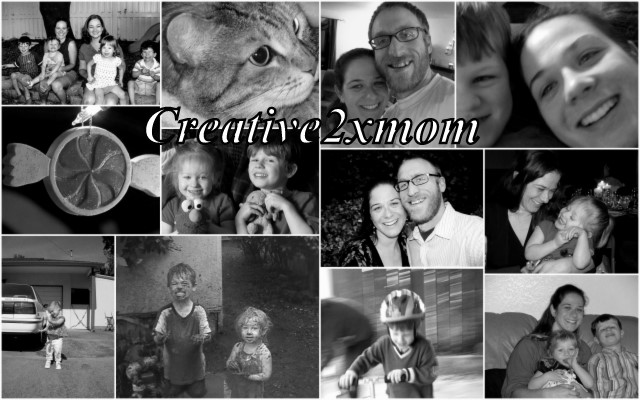Chapter 7: Discarding Unbiblical Methods
Tripp finds that the following methods "have one thing in common: The human mind is the standard" pg 61. These are the approaches that he mentions:
- "I didn't turn out so bad"--This approaches demonstrates a parent using the same means of discipline that his parents used without examining it's effectiveness or ineffectiveness, or it's basis in biblical parenting.
- Pop physcology-- This includes bribery and contracts. Tripp finds that these types of methods teach children to look out for themselves. By trying to "earn" something, he believes that parents are promoting self-interest pg 63.
- Behavior Modification-- Praise for good behavior and criticism for negative behavior. Again he believes this promotes self-interest.
- Emotionalism-- This includes such things as shaming a child and, from what I discern, time-outs.
- Punitive Correction--Yelling, spanking, grounding, hitting, etc would fall into this category.
- Erractic Eclecticism-- This is when parents bounce back and forth between types of discipline, confusing their children.
These are a few of Tripp's thoughts from the end of the chapter (pg 69):
- When the experts tell you that you must find what works with each child, they are saying you must find the idols of the heart that will move this child.
- Addressing the child's heart unbiblically plays to the corruption of his heart as an idolater and provides him with functional idols around which to organize his life.
- (My favorite) The gospel is not a message about doing new things. It is a message about being a new creature.
I'm finding that I had a hard time with this chapter. Again I'm struggling to understand Tripp and wrestle with whether or not, I'm too lost in my unbiblical methods to grasp what he's saying. We generally use behavior modification and a little emotionalism. My son is still young so we do some bribery for things like using the potty, etc. And as far as emotionalism, Tripp doesn't come right out and say that he isn't against time-outs. But that seems to be part of what he's talking about in that section. I'm not sure what I would do with a two year old if it wasn't for time-outs. We still talk about why we have to listen to mommy and how God would have us behave. But the time-out is his consequence for his behavior.
Needless to say, I'm anxious to see what he has to say as we get further into the book.
Questions for discussion:
2. Which of the unbiblical methods above have you seen yourself use? Can you think of any other common unbiblical approaches to discipline and correction?
3. What is wrong with these unbiblical approaches? State it in your own terms.







No comments:
Post a Comment